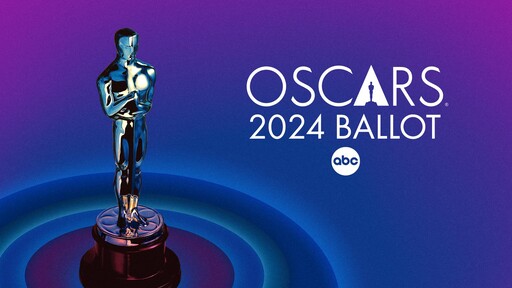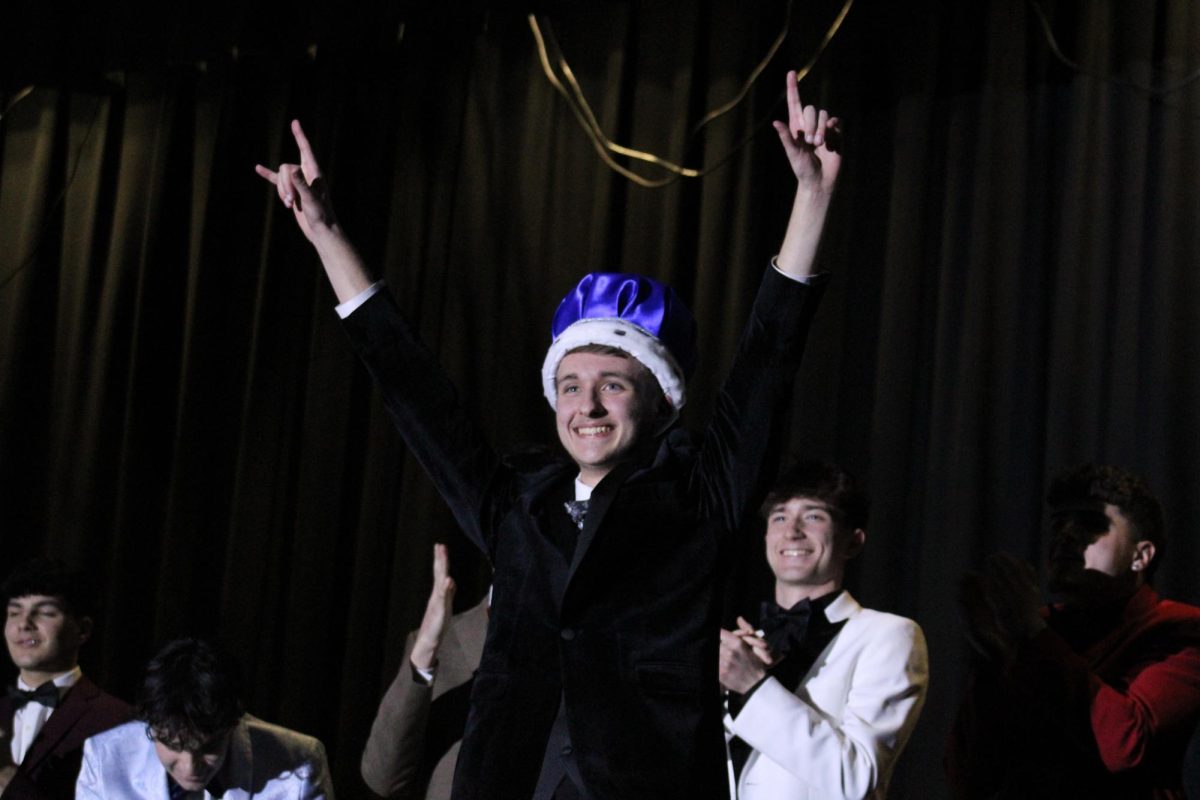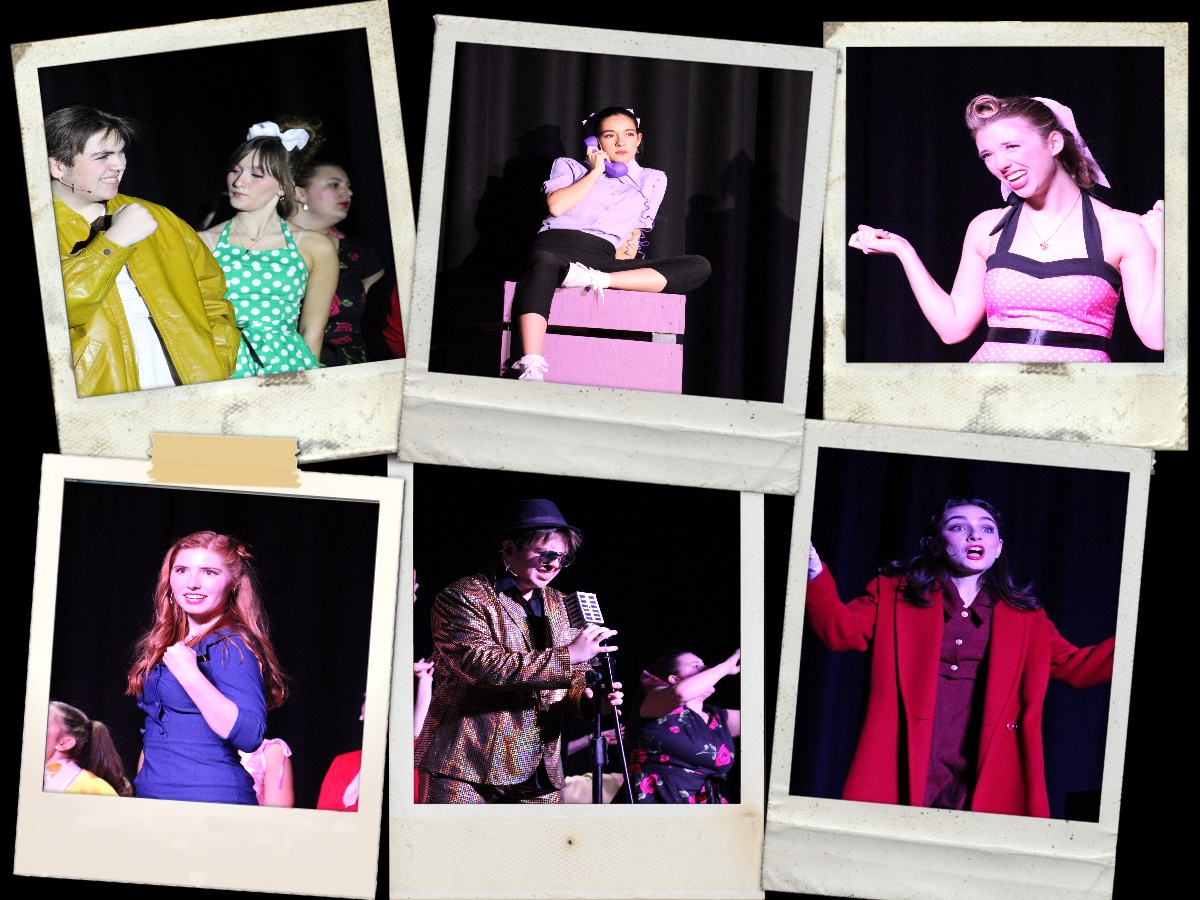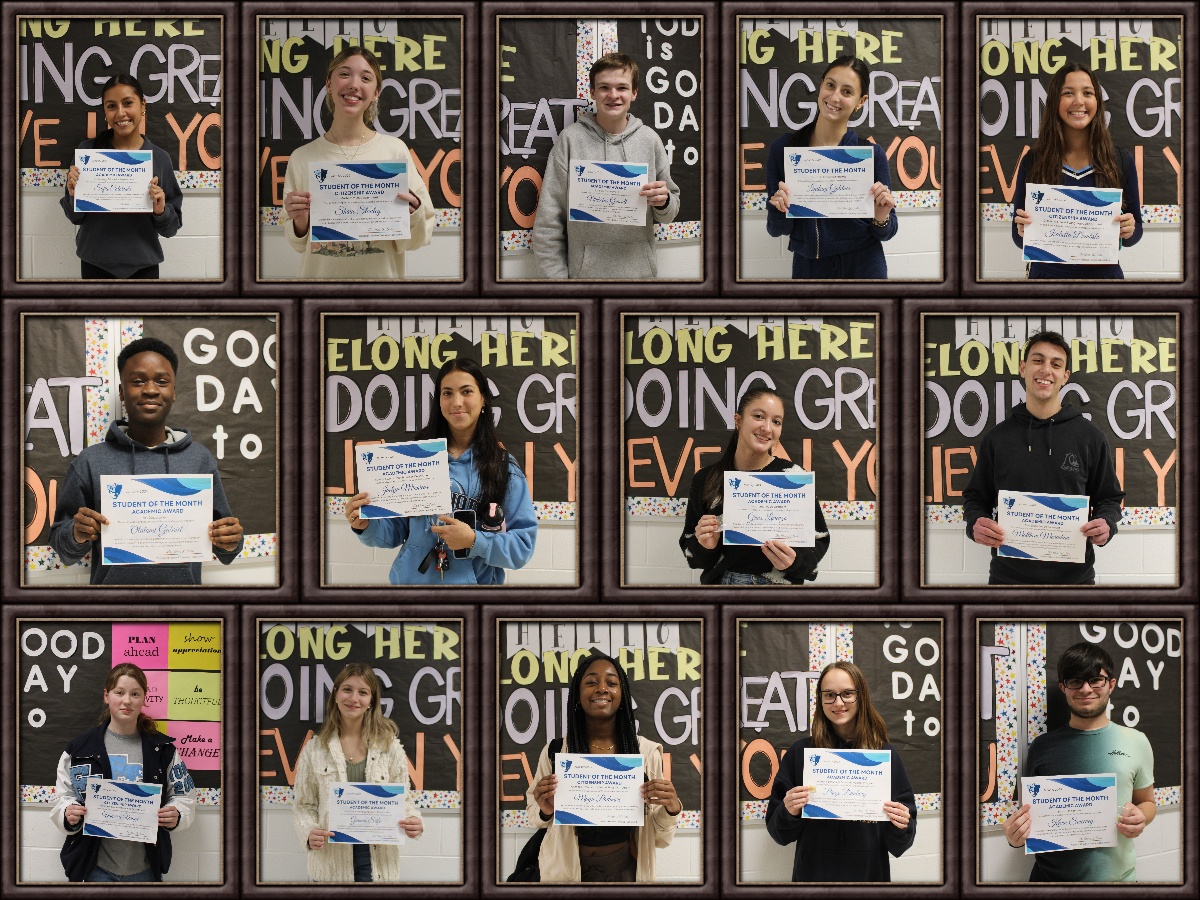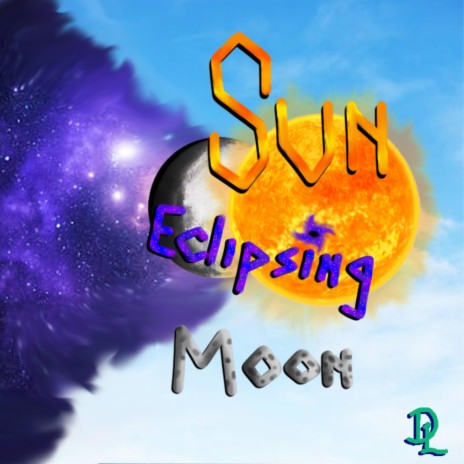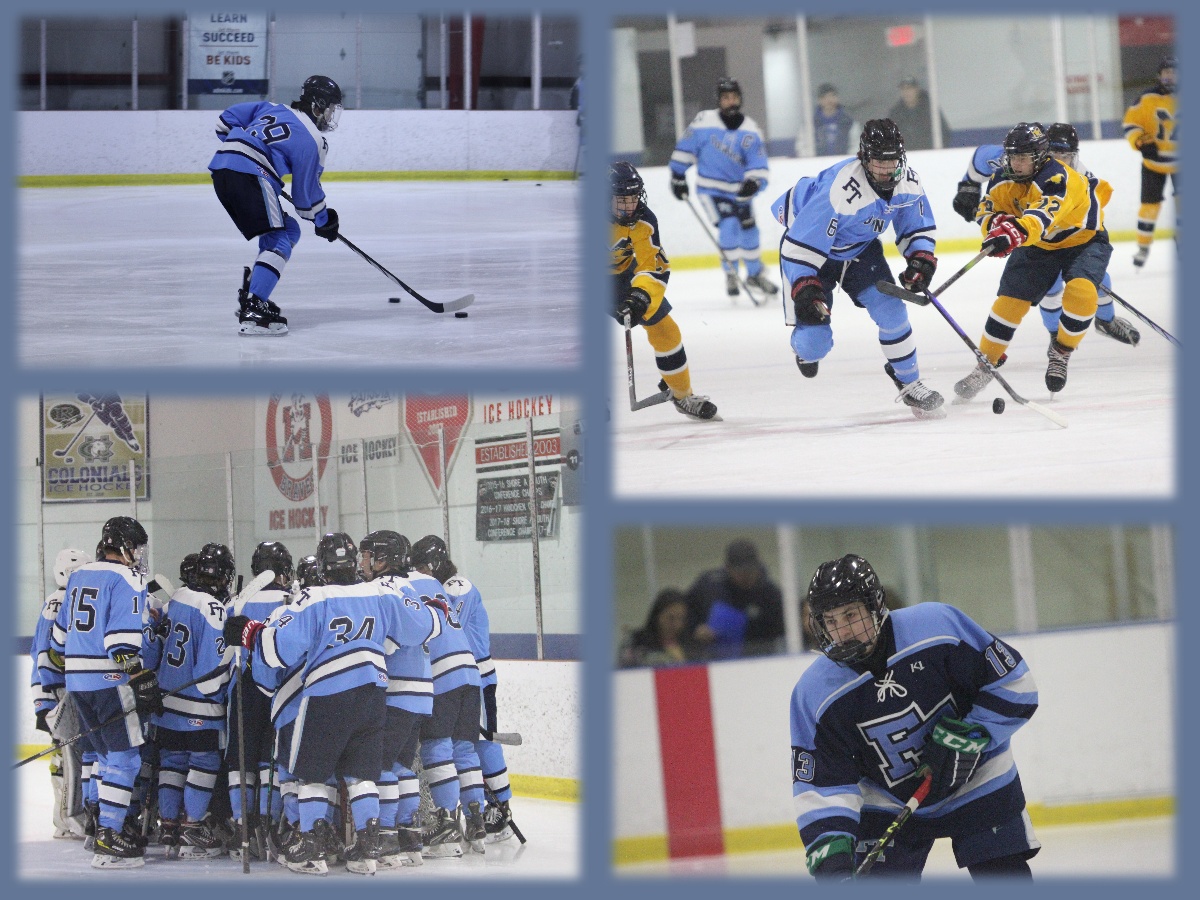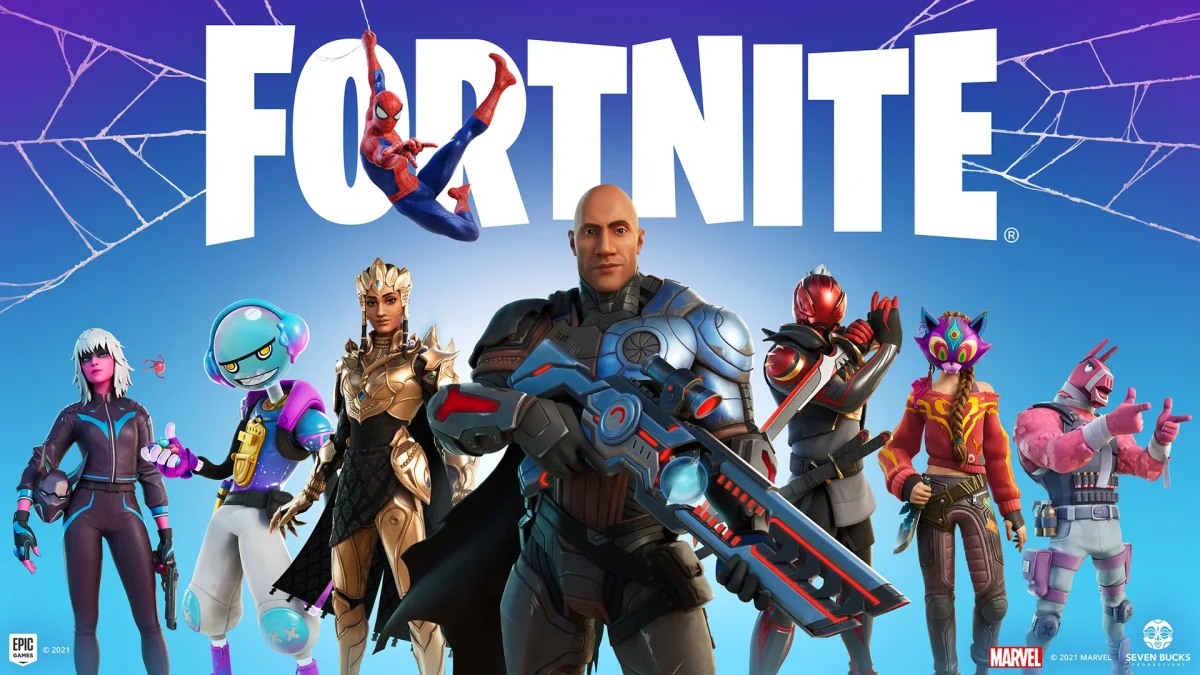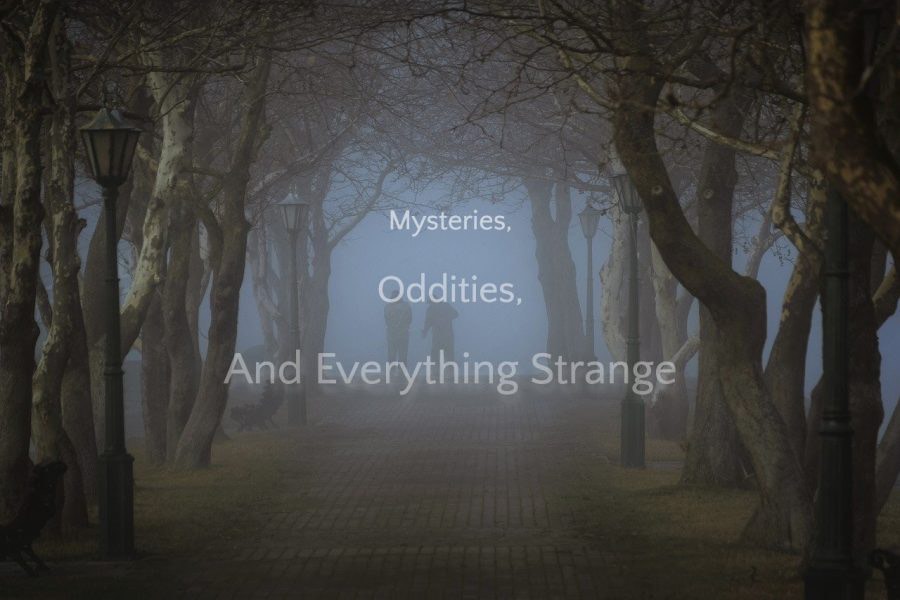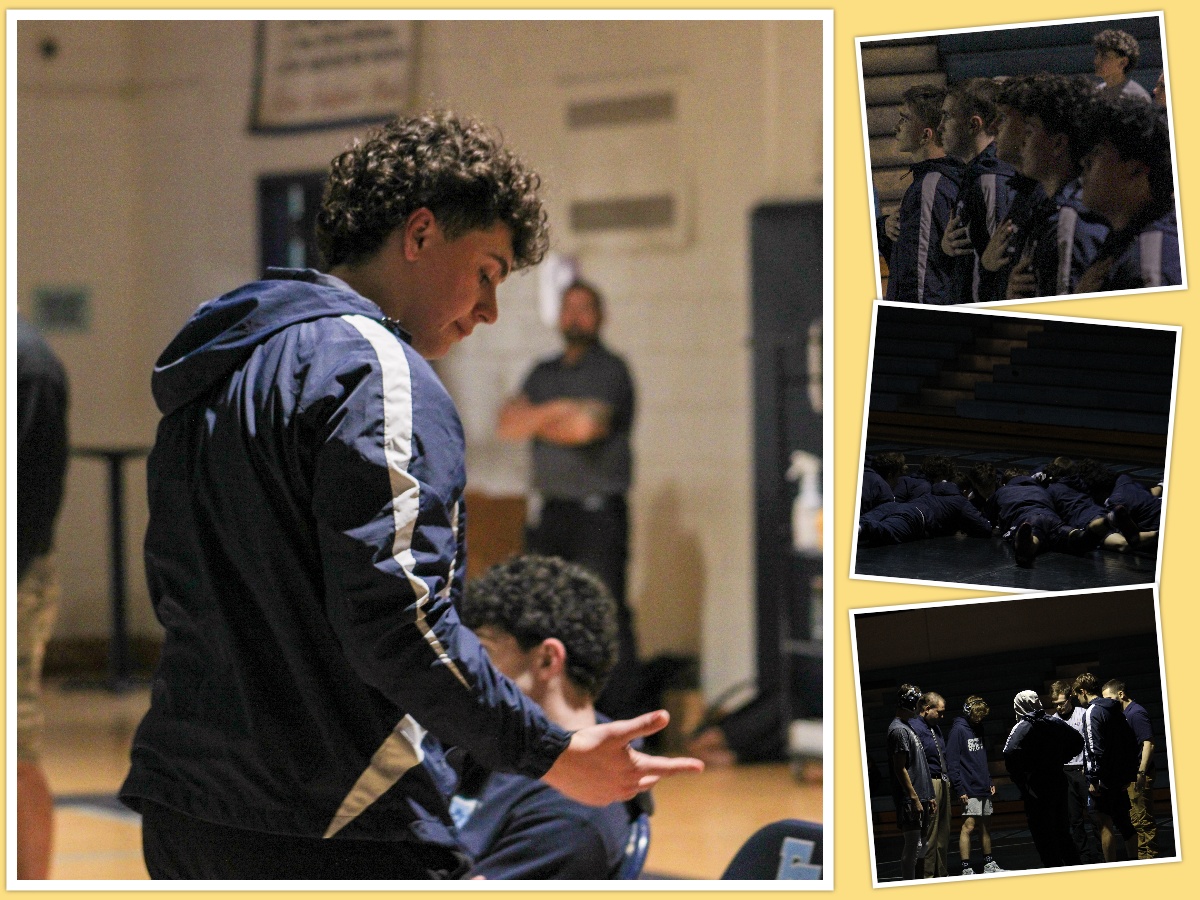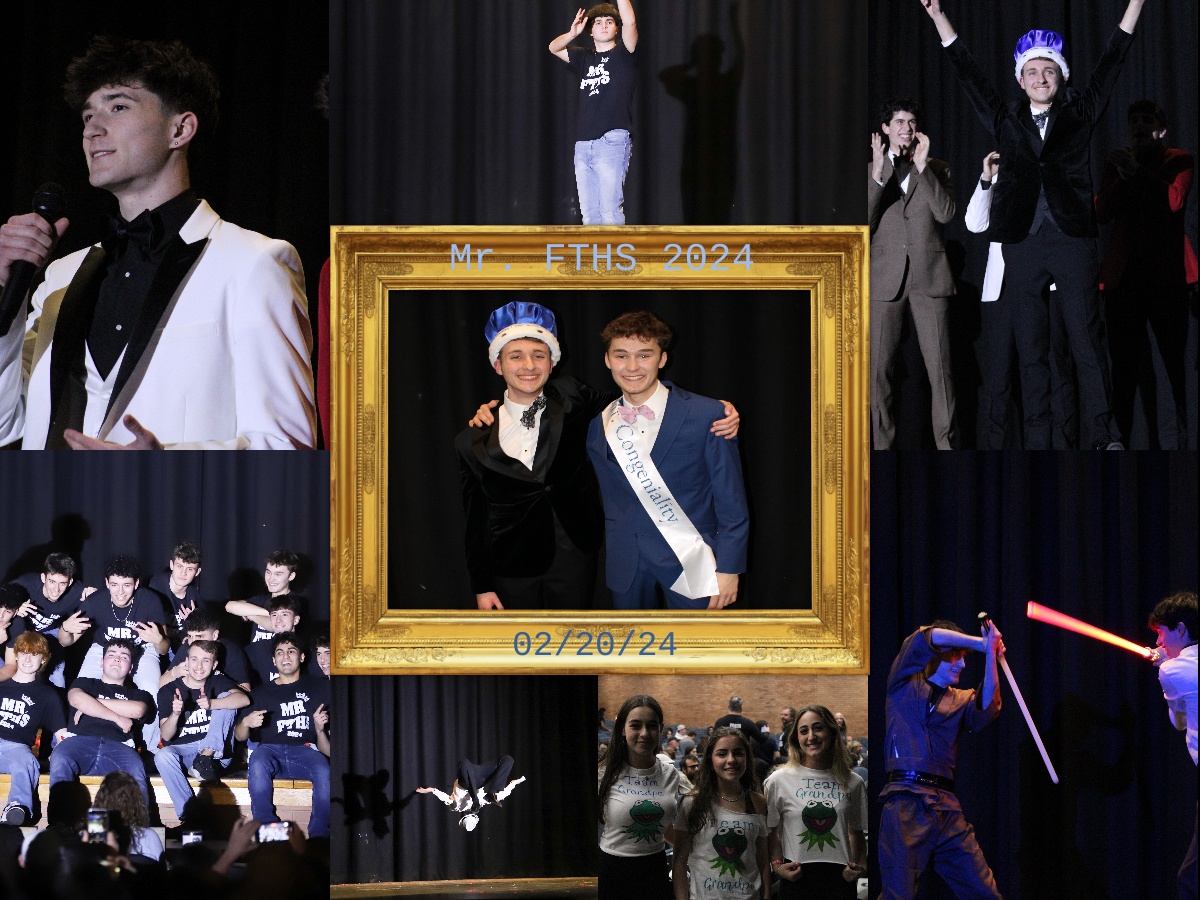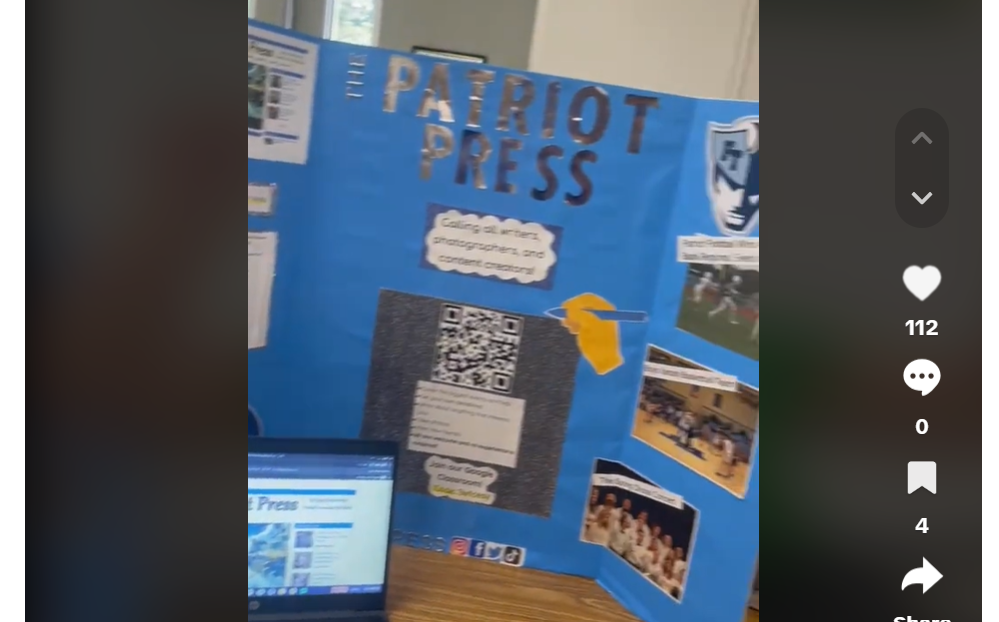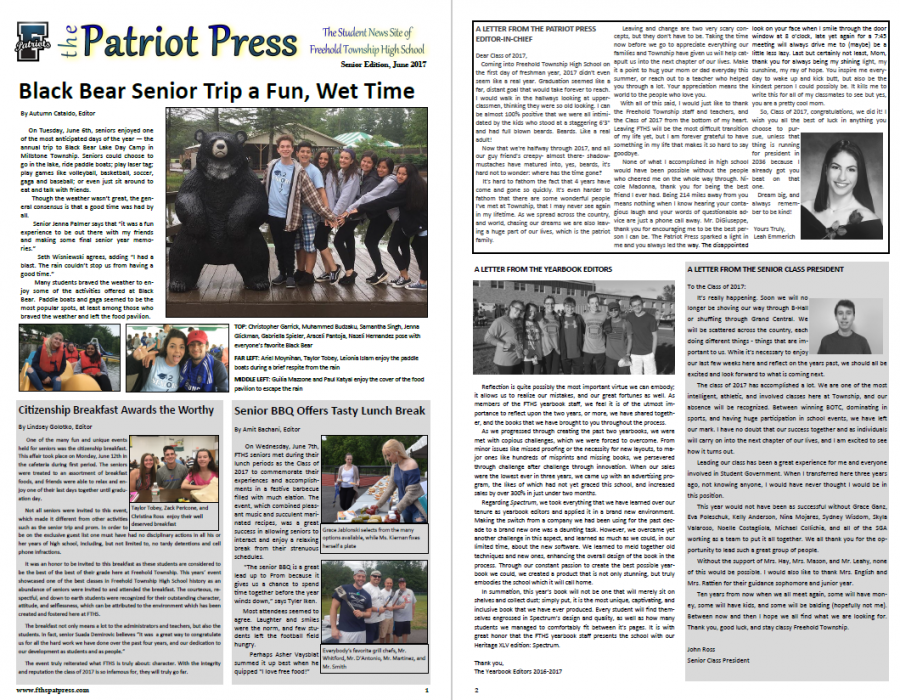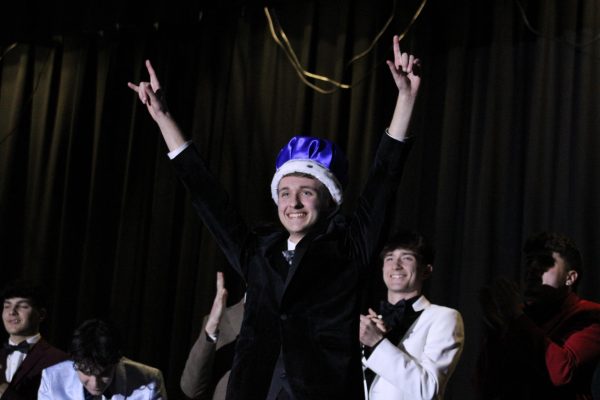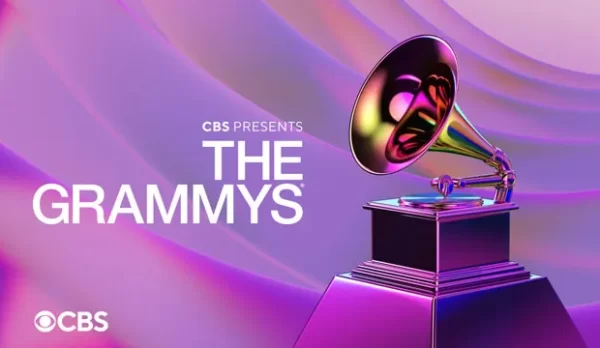Top 10 Commencement Speeches For The Class of 2017
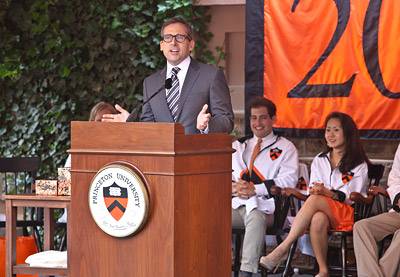
Steve Carell at Princeton University Image Courtesy of Princeton.edu
June 15, 2017
Stephen Colbert: Northwestern University (2011)
[wpdevart_youtube]m6tiaooiIo0[/wpdevart_youtube]
“Life is an improvisation. You have no idea what’s going to happen next and you are mostly just making things up as you go along.”
Natalie Portman: Harvard University (2015)
[wpdevart_youtube]jDaZu_KEMCY[/wpdevart_youtube]
“Sometimes your insecurities and your inexperience may lead you, too, to embrace other people’s expectations, standards, or values. But you can harness that inexperience to carve out your own path, one that is free of the burden of knowing how things are supposed to be, a path that is defined by its own particular set of reasons. Achievement is wonderful when you know why you’re doing it. And when you don’t know, it can be a terrible trap.”
David Foster Wallace: Kenyon College (2005)
[wpdevart_youtube]IYGaXzJGVAQ[/wpdevart_youtube](Audio excerpt)
“Worship power, you will end up feeling weak and afraid, and you will need ever more power over others to numb you to your own fear. Worship your intellect, being seen as smart, you will end up feeling stupid, a fraud, always on the verge of being found out. But the insidious thing about these forms of worship is not that they’re evil or sinful, it’s that they’re unconscious. They are default settings. They’re the kind of worship you just gradually slip into, day after day, getting more and more selective about what you see and how you measure value without ever being fully aware that that’s what you’re doing. And the so-called real world will not discourage you from operating on your default settings, because the so-called real world of men and money and power hums merrily along in a pool of fear and anger and frustration.”
Martin Scorsese at New York University, Tisch School of the Arts (2014)
[wpdevart_youtube]Yrv68T7sUG0[/wpdevart_youtube]
“…you have to be singular, inflexible, unyielding in your own work so that even the struggle, that very struggle to achieve becomes its own reward.”
President Barack Obama: Rutgers University (2016)
[wpdevart_youtube]xkCABjFT32A[/wpdevart_youtube]
Former President Barack Obama addressed Rutgers graduates in what was noted as a historic visit to the 250 year old campus by any presiding US president. Mr. Obama elucidated upon the ongoing election process, reminiscent of its message to the American people and its salience to the graduates in life’s grandeur looking forward ceremony. At the prospect of the then running candidates, he urged solidarity and unconditional will as citizens and as prosperous individuals in the national economy, and notably stressed the maintenance of a civic life, free of cynicism. Praising the university for its renowned accomplishment in having one of the most racially diverse student bodies, Obama expressed satisfaction in the convergence of ethnically different people to form a rich melting pot of American culture. “If you were listening to today’s political debate, you might wonder where this strain of anti-intellectualism came from . . . In politics and in life, ignorance is not a virtue…America converges here,” Obama boldly declared.
JK Rowling: Harvard University (2008)
[wpdevart_youtube]wHGqp8lz36c[/wpdevart_youtube]
Those that aspire to find a successful career in the arts understand the trials and difficulties that also come with the many benefits it rewards. And who better to understand such a concept that the woman who seamlessly tailored a worldwide phenomenon for more than a decade. Author JK Rowling shared her collective experiences on a rainy afternoon to the Harvard Class of 2008, commenting upon “the fringe benefits of failure, and the importance of imagination,” which deeply resonated with her as she progressed from poverty to a literary sensation as she drafted the initial volumes of the Harry Potter series in a coffee shop near her home. Reminiscing upon her earlier years working for an Amnesty International headquarters in London, she urged the aspiring graduates to maintain grace and and an appreciative understanding of their ability to adapt in an accepting environment around them. “Every day, I saw more evidence about the evils humankind will inflict on their fellow humans, to gain or maintain power. I began to have nightmares, literal nightmares, about some of the things I saw, heard, and read. And yet I also learned more about human goodness at Amnesty International than I had ever known before,” she said. “Unlike any other creature on this planet, humans can learn and understand, without having experienced. They can think themselves into other people’s places. Of course, this is a power, like my brand of fictional magic, that is morally neutral. One might use such an ability to manipulate, or control, just as much as to understand or sympathize.”
Shah Rukh Khan: Yale University (2012)
[wpdevart_youtube]q0OaOnT8res[/wpdevart_youtube]
It isn’t easy being a global icon, and fame isn’t something that comes without a price. In his address to Yale students where he was also rewarded as the recipient of the Chubbs Fellowship Award, Bollywood superstar Shah Rukh Khan offered inspirational words of encouragement in adieu to the Yale Class of 2012 and prudent advice that helped him shape his career in the acting industry. Khan elaborated upon the warm reception of trial and error, a process he acknowledges to have been remiss without as he began to find success in Bollywood. More notably, he advised the students to express themselves in a manner that is uniquely true to them, and to never stop loving their parents who, as he maintains, are their greatest friends in life. “Creative expression comes from the deepest experience of the artist himself,” he stated. “A good artist cannot be separate from his creation. Good art is honest art. A man may be an artist, a writer, a sculptor, an actor or a totem-pole carver — whatever he is, if what he creates is true to himself, it becomes a vivid testimonial to human creativity. If it lacks honesty, its entire premise is a waste.” He boldly concluded: “My hope for all of you is that you retain a lifelong love of learning, that you never cease to dream exciting and inspiring dreams, and — when you fail — you fail well enough to succeed the next time. Don’t be afraid of being afraid: Be afraid of not facing your fears and failures”
Ed Helms: Cornell University (2014)
[wpdevart_youtube]CPnAnRsqia0[/wpdevart_youtube]
It is often said that as we mature, we begin to lose certain aspects of ourselves that characterized the scintillating and most joyful moments of our youth, with a pivotal transition into adulthood that alters our perspective for the seemingly better. As Ed Helms in the portrayal of the sycophantic Andrew Bernard from the hit sitcom The Office once stated : “I wish there was a way to know you’re in the good old days before you’ve actually left them”. Ed Helms’ senior speech to the Cornell Class of 2014 is reminiscent of just that! After eight years of his impeccable portrayal of the obnoxious Cornell alumnus and aspiring acapella singer, Helms provided an insight into one of the more neglected lessons that is often overlooked in the pursuit for success; as his character so earnestly imbued: to “be a fool”. His remarks followed the typical scheme of introducing the primary content of his address, describing his ascension to Hollywood fame through his portrayal of Dr. Stu Price in Todd Phillips’ The Hangover series and eventually to his more prominent role on NBC. He continues, explaining the numerous benefits in accomplishing what you desire with integrity, faith, and perseverance. “When you try hard at everything you do, even if it feels utterly foolish to do so, you’re opening up future doors and possibilities that you might not be seeing in the moment,” he conveyed. However, in content, his message remains of a notable distinction. As we face the daily challenges and trials that life has to offer, the greatest joy we can give ourselves is to be a “glorious and vulnerable fool.”
Steve Carell: Princeton University (2012)
[wpdevart_youtube]zOVVYkeTJKo[/wpdevart_youtube]
As we seek to acclimate ourselves to the apace society around us that attempts to seemingly educate us in a more interactive manner, a commonly accepted notion maintains that the result is an appalling interference and moral decay in societal relations and a strong belief in total adaptation. Steve Carell’s remarks to the Princeton Class of 2012 not only offer a humorous and intriguing perspective into the struggles of the man behind the beloved Michael Scott of NBC’s The Office, but provide a compelling social commentary regarding the decaying state of common affairs in the status quo. Carell ruminated upon the very foundation of Princeton’s establishment, corroborating upon the implications of modern communications in societal affairs that inhibit the flourishing academic environment at the Ivy League institution. He continues, sharing an amusing anecdote of his attempt to go on a date with a fellow classmate and its correlation to the dire necessity of concepts such as preservation and heroism that separate from the digital requirements of success (posting deeds) which involve a focus on self interest. Most notably, Carell urged Princeton seniors to trust their parents and the seniors that surround them, as they offer prudent advice from a “wiser generation”. “As human beings, we should naturally crave contact with one another. But sadly, as the world grows more and more technologically advanced, we lose our ability to connect as human beings,” Carell stated. “ Have we forgotten the beauty of a handwritten letter, lovingly delivered three to six weeks later? Do we no longer need the encyclopedia? Almost 300 pounds of readily accessible knowledge? We have lost touch with our simpler selves, and by “we” I mean you. You are young … and because of that, you are wrong…” The 54 year old actor presents one of the most prevalent issues of our time in a witty and accessible format to the student populace, displaying the ethical proposition of locating our roots in a world lost in translation.
Steve Jobs: Stanford University (2005)
[wpdevart_youtube]UF8uR6Z6KLc[/wpdevart_youtube]
In one of the most universally lauded commencement addresses in the recent decade and the subject of acclaimed author Karen Blumenthals’ biography: Steve Jobs: The Man Who Thought Differently, the pioneer and former CEO of Apple arguably established the very foundation of an effective and admirable life philosophy that the common man can use to navigate the unconventional challenges of life. While a controversial public figure of Apple Inc, one can assert that Jobs’ pragmatic ideology and relentless pursuit of success was a result of pure infatuation, and helped to craft the origins of the multinational corporation today. Mr. Jobs remarked upon the unprecedented experiences in his life rather than the standard norm, explaining their correlation to their particular integration into the Macintosh, such as specific fonts he acquired knowledge of in a calligraphy course he took in Reed College. He forwards the imperative requirement to embrace the desires of your heart and placing trust in your fate, an uncommon practice in today’s society. With this, Jobs also comments upon his personal battle with pancreatic cancer, an illness that would come to claim his life six years later, acknowledging that time is a rapidly fleeting and restrained luxury. His message, to this day, remains one that denotes the essence of a brand of philosophy that preaches how to embrace, endure, and survive in a world that denies you so. As Jobs preached, we must always remain hungry and foolish in our pursuits and aspirations. He always did….

